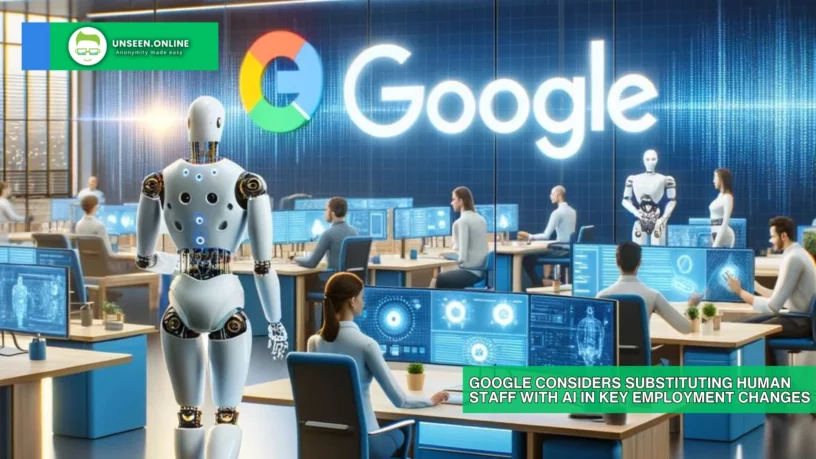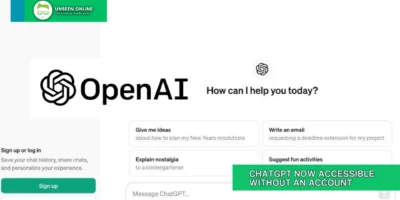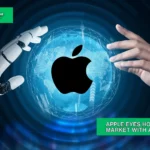Google’s recent foray into AI-powered advertising marks a significant shift in its operational strategy, potentially leading to the replacement of human roles with advanced AI systems. This transition is part of Google’s broader effort to harness AI in enhancing advertising efficiency and effectiveness.
At the heart of this shift is Google’s substantial advertising division, which boasts around 30,000 employees. With the advent of AI-driven tools for ad campaign management and design, nearly half of these employees, primarily involved in sales, face the prospect of job automation. This change reflects a growing trend in the industry where AI is increasingly handling tasks once performed by humans.
The implications of this shift extend beyond Google’s corporate structure. It signals a broader transformation across various industries where AI’s role is becoming more pronounced. For example, a recent report by Hostinger highlighted how AI might impact sectors like healthcare, transportation, and financial services. In healthcare, particularly, administrative roles are prime candidates for early adoption of AI automation.
However, the narrative around AI in the workforce isn’t solely about job displacement. The rise of AI has simultaneously led to the emergence of new career paths and job roles. Unique positions such as prompt engineers for large language models, AI trainers, and auditors are becoming increasingly relevant. These roles underscore the evolving nature of the job market in the AI era.
This dual impact of AI – both as a disruptor and a creator of opportunities – necessitates a nuanced understanding of its role in the modern workforce. As AI continues to evolve and integrate into various sectors, it challenges traditional employment structures while also paving the way for innovative and previously unimaginable job roles.
In conclusion, Google’s move towards AI in its advertising division is a microcosm of a larger, global trend. As companies and industries adapt to the evolving capabilities of AI, the workforce is poised for a significant transformation. This shift calls for strategic foresight in managing the balance between leveraging AI for efficiency and innovation, and addressing the workforce implications it brings.






